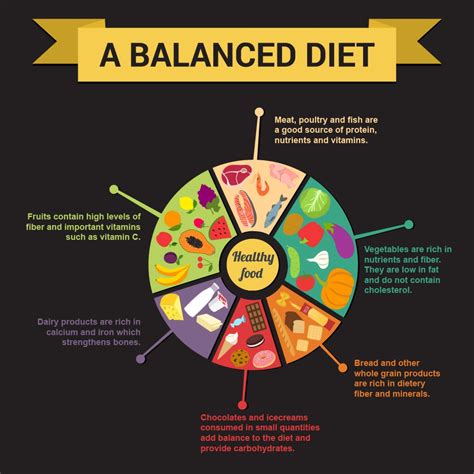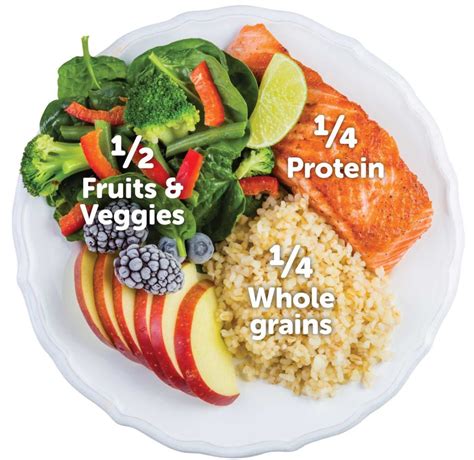Fueling Peak Performance: The Foundation of Men’s Daily Diet
In today’s fast-paced world, maintaining consistent energy and sharp mental focus is crucial for men juggling careers, family, and personal well-being. Far too often, we reach for quick fixes or energy drinks, overlooking the most fundamental and sustainable source of vitality: our daily diet. Optimizing your nutritional intake isn’t just about avoiding unhealthy foods; it’s about strategically fueling your body and brain to operate at their best from morning until night.
This guide will delve into the core principles of dietary optimization for men, focusing on macronutrient balance, micronutrient density, meal timing, and hydration—all designed to provide sustained energy and unwavering cognitive function.

The Macronutrient Matrix: Carbs, Proteins, and Fats
Complex Carbohydrates: Your Sustained Energy Source
Forget the myth that all carbs are bad. Complex carbohydrates are your body’s primary and most efficient fuel source, providing glucose that is slowly released into the bloodstream. This prevents the energy crashes associated with simple sugars. Focus on whole grains like oats, brown rice, quinoa, whole-wheat bread, and starchy vegetables such as sweet potatoes and legumes. These also provide fiber, crucial for digestive health and satiety.
Lean Proteins: Building Blocks and Satiety
Protein is vital for muscle repair, hormone production, and enzyme function, but it also plays a significant role in sustained energy and focus by slowing down carbohydrate absorption and promoting satiety. Aim for a lean protein source at every meal, such as chicken breast, turkey, fish (salmon, tuna), lean beef, eggs, Greek yogurt, or plant-based options like lentils, beans, and tofu. Protein also helps stabilize blood sugar, preventing energy dips.
Healthy Fats: Brain Power and Nutrient Absorption
Healthy fats are critical for brain health, hormone production, and the absorption of fat-soluble vitamins (A, D, E, K). They also provide a concentrated source of long-lasting energy. Incorporate monounsaturated and polyunsaturated fats from sources like avocados, nuts (almonds, walnuts), seeds (chia, flax, hemp), olive oil, and fatty fish. Omega-3 fatty acids, particularly found in salmon and flaxseed, are renowned for their cognitive benefits and anti-inflammatory properties.

Micronutrients: The Unsung Heroes of Energy and Focus
While macronutrients provide the bulk of your energy, micronutrients—vitamins and minerals—act as critical co-factors in countless metabolic processes, including energy production and neurotransmitter synthesis. Key players include:
- B Vitamins: Essential for converting food into energy. Found in whole grains, meat, eggs, and leafy greens.
- Magnesium: Involved in over 300 enzymatic reactions, including energy production and nerve function. Rich sources include nuts, seeds, leafy greens, and dark chocolate.
- Iron: Crucial for oxygen transport in the blood. Deficiency leads to fatigue. Red meat, lentils, spinach are good sources.
- Zinc: Supports immune function and cognitive processes. Found in meat, shellfish, legumes, and nuts.
- Vitamin D: Important for mood, bone health, and overall vitality. Sunlight exposure, fatty fish, and fortified foods are key sources.

Strategic Meal Timing and Hydration
Consistent Meal Patterns
Skipping meals or going too long between them can lead to blood sugar drops, resulting in fatigue, irritability, and poor concentration. Aim for three balanced meals a day, with 1-2 healthy snacks if needed, to maintain stable energy levels. Spreading your nutrient intake evenly throughout the day helps keep your metabolism humming and prevents overeating at subsequent meals.
The Power of Hydration
Often overlooked, adequate hydration is fundamental for optimal physical and cognitive function. Even mild dehydration can impair concentration, mood, and energy levels. Aim to drink at least 8-10 glasses of water daily, more if you’re physically active or in a hot climate. Water is essential for nutrient transport, waste removal, and maintaining proper brain function.

Building Your Optimized Plate
To put it all together, visualize your plate. Roughly:
- Half: Non-starchy vegetables (leafy greens, broccoli, peppers) and some fruit.
- A Quarter: Lean protein source.
- A Quarter: Complex carbohydrates.
Don’t forget a source of healthy fats, whether incorporated into cooking or as part of nuts and seeds. Prioritize whole, unprocessed foods over packaged and refined options, which often contain hidden sugars, unhealthy fats, and artificial additives that can sabotage your energy and focus.

Conclusion: Sustained Energy, Sharpened Focus, Better Life
Optimizing your daily diet is a powerful investment in your overall health, energy, and cognitive performance. By understanding the roles of macronutrients and micronutrients, practicing strategic meal timing, and prioritizing hydration, men can build a nutritional foundation that supports sustained energy and unwavering focus. Make conscious food choices, listen to your body, and observe how these simple yet profound changes transform your daily vitality and productivity.




